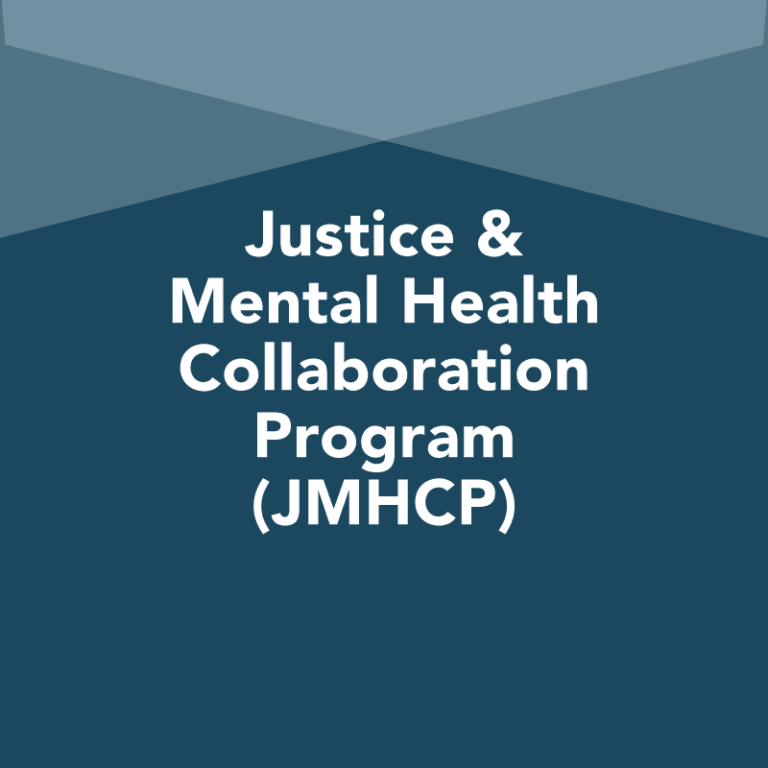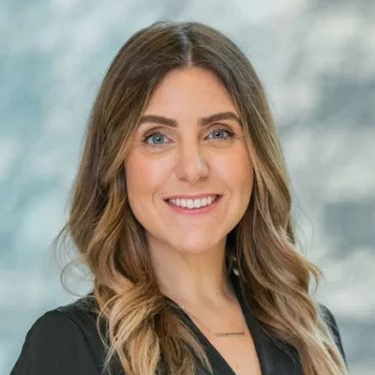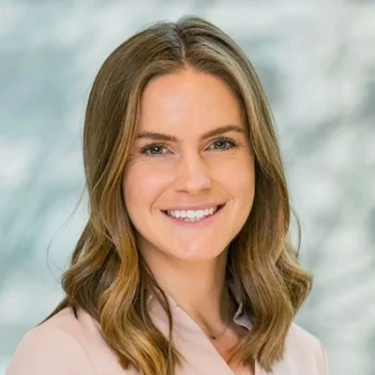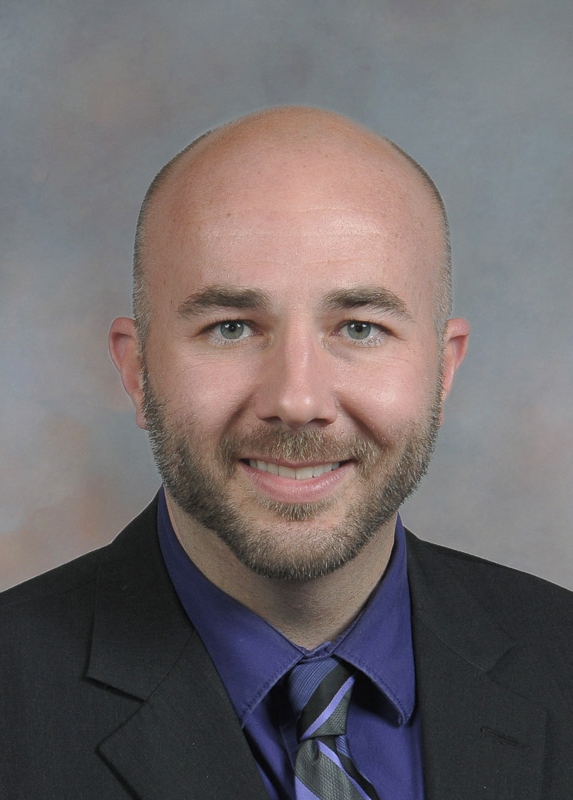The Certified Community Behavioral Health Clinic (CCBHC) model provides support to communities to help ensure that evidence-based care is available for people with mental health disorders or co-occurring mental health and substance use disorders who may be involved in the criminal justice system and to minimize incarceration and recidivism risks. There are currently more than 500 CCBHCs operating in 46 states, plus Washington, DC; Puerto Rico; and Guam. A growing number of states are moving to implement the model through a state plan amendment or Medicaid waiver, and individual community mental health and substance use services organizations continue to seek funding through Substance Abuse and Mental Health Services Administration funded CCBHC Expansion Grants.
Related Resources

Preparing Law Enforcement Agencies for Embedded Clinicians
Crisis Systems, Law Enforcement, Mental Health
Read more
Building Successful Partnerships with Peer-Run Organizations
Co-Occurring Substance Use, Mental Health
Read more
FY2023 Planning and Implementation Guide for JMHCP Connect and Protect
Co-Occurring Substance Use, Law Enforcement, Mental Health
Read moreAuthors

Alicia Kirley
Senior Director of Center of Excellence for Integrated Health Solutions, National Council for Mental Wellbeing
Alicia Kirley serves as the senior director of Center of Excellence for Integrated Health Solutions at the National Council for Mental Wellbeing, overseeing the delivery of training and technical assistance to advance the implementation of high-quality care for individuals with co-occurring physical and mental health and substance use disorders. Drawing on her experience as an executive leader of a Certified Community Behavioral Health Center and practice administrator of Federally Qualified Health Centers in Pittsburgh, Pa, she assists organizations in integrating behavioral health and wellness within centers and states who serve populations that are historically marginalized, chronically ill, and severely and persistently mentally ill, including people with substance use disorders. Before joining The National Council, Kirley served as a lead consultant on technology integration, including development and infrastructure strategies of electronic health records across systems. Kirley is successful in the growth and implementation of alternative payment models, partnering with health systems, hospitals, payers, and centers to create value models for sustaining integrated health care.

Sarah Neil
Director of Practice Improvement and Consulting, National Council for Mental Wellbeing
Sarah Neil, MPH, PMP, serves as the director of Practice Improvement and Consulting at the National Council for Mental Wellbeing, where she oversees and directs projects related to integrated health, primarily the Center of Excellence for Integrated Health Solutions. In her work, she strives to bridge the gap between community-level needs and national policy through training and technical assistance activities for health providers nationally that target and strengthen historically marginalized communities. After completing her Master’s in public health from the University of North Carolina – Chapel Hill, where she studied maternal and child health, Neil began providing training and technical assistance to Head Start and early childhood health and wellness providers at the National Head Start Association. Since joining the National Council in 2019, she now provides training and technical assistance to mental health and substance use treatment providers nationally, focused on improving integrated and equitable services to ensure all have access to client-centered quality health services. Neil has many years of experience managing and directing government grants and deliverables, working with dynamic teams to innovate national efforts, and aligning national policy efforts with community-level needs that prioritize strengthening historically marginalized communities.

Hadley Fitzgerald
Senior Policy Analyst, Behavioral Health
Hadley Fitzgerald provides technical assistance to Justice and Mental Health Collaboration Program grantees and supports policy projects to enhance cross-system collaborations for criminal justice and behavioral health agencies. Prior to joining the CSG Justice Center, Hadley worked at the New York City Department of Health and Mental Hygiene (DOHMH) as a coordinator for a regional consortium of Medicaid plans, providers, and Health Homes. Previously, Hadley worked as a forensic social worker for the DOHMH and NYPD Co-Response Team and the Brooklyn Defender Services. She received an MSW from the Hunter School of Social Work and a BA from New York University.

Dustin Bartley
Senior Policy Analyst, Behavioral Health
Dustin Bartley provides training and technical assistance for the Justice and Mental Health Collaboration Program. As a licensed therapist in Nebraska, Dustin spent 10 years providing direct service to adults with co-occurring disorders. Dustin has worked in residential and outpatient settings, with his county’s community corrections department, and has provided on–site treatment services for an adult drug court program. Dustin spent nearly eight years with Nebraska’s Judicial Branch in the Administrative Office of the Courts and Probation working with officers and providers statewide on service development, training, and implementation. Dustin earned a BA in psychology from Nebraska Wesleyan University and an MS in mental health counseling from Emporia State University.